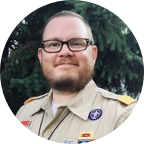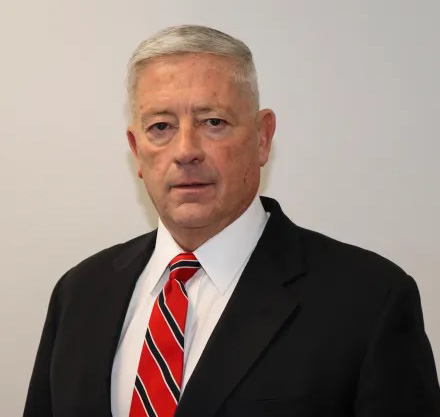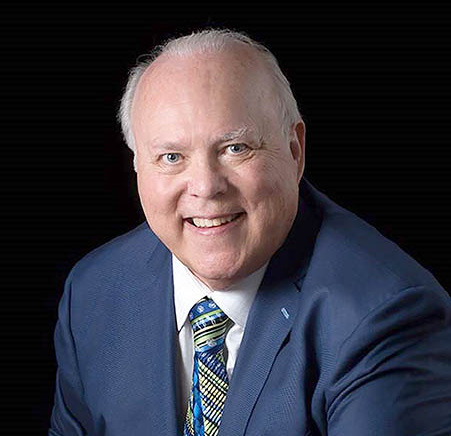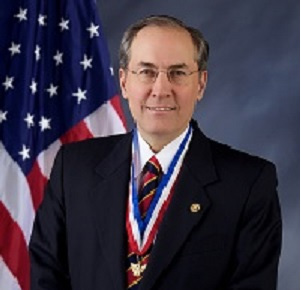- Commissioners
- Commissioners
- Chris Beaver
- The Culture of Roundtable is Built on Trust, Collaboration, and Empowerment
The
Commissioner
a publication for commissioners and professionals
Fall 2021
The Culture of Roundtable is Built on Trust, Collaboration, and Empowerment
A group’s culture indicates its customs and its achievements. In unit service, we certainly have customs and, in the end, we aim to achieve the mission of the Boy Scouts of America as well as our vision to ensure that each person has an excellent experience in Scouting. If we drill down a bit further, we can understand how the roundtable program seeks to achieve this mission and vision.
Your national program committees work hard each month to bring you timely, relevant information aimed at continuous improvement and growth for the units you serve. For the Cub Scouts program, the focus this fall will be helping den leaders get started on the right footing to keep our Cub Scouts engaged. As for Scouts BSA, topics will home in on how Scouters can help young leaders succeed through the program by serving in a respectful, supportive manner both to the youth and to other volunteers. Both Cub Scouts and Scouts BSA breakouts will also feature video segments dedicated to helping unit volunteers find the resources they need to be successful.
Be the Heart.
Much of unit service is encapsulated in compassionate, active listening, so it is important to the culture of unit service that “heart” comes first. Being the heart is about connecting with others, and commissioners strive to create lasting bonds with those they serve. Through the roundtable program, commissioners lend an ear and listen actively and empathetically—without judgment—to unit leaders’ questions and concerns. In fact, this is one of the objectives of roundtable: to receive information. What roundtable commissioners do with this information will then, in turn, determine the future of the district’s or council’s program. When we know what unit leaders need, we are better able to serve them most effectively. Commissioners are the heart of Scouting when we are helpful, friendly, kind, and cheerful.
Build Relationships.
Once unit leaders and commissioners create heart connections, they will begin to solidify the bonds necessary for fruitful relationships built on trust and collaboration. In the case of roundtable, these relationships are born of a consistent, quality program that seeks to provide valuable, accurate information; relevant informal training; and networking opportunities tailored to meet unit leaders’ needs. Though roundtable commissioners have a role in giving trusted information to unit leaders, commissioners must not feel obligated to lead every component of the program. Rather, to emphasize collaborative relationships, why not invite unit leaders to deliver that informal training to their peers? Additionally, to accentuate the building of interpersonal relationships, why not dedicate a portion of the roundtable program to networking and social time when unit leaders can reach across the aisle and learn from one another? Commissioners build relationships when we are trustworthy, loyal, and courteous.
Change Lives
Heartfelt relationships forged between commissioners and unit leaders cannot help but spread to the young people we all serve in Scouting. In fact, the result of a quality roundtable program is inspiration and empowerment of unit leaders to grow Scouting in their units. An enabled Scouter will leave roundtable with the “will to do” and the “skill to do”; they will be bold in their actions and will hear the call to action given by the unit service team to grow the Scouting movement. Ultimately, roundtable should urge unit leaders to return to their units with the desire to instill in their Scouts the values of the Oath and Law. Together, commissioners and unit leaders change lives when they are thrifty, brave, obedient, clean, and reverent.
Through listening to the needs of unit leaders and building trusting, collaborative relationships, commissioners change the lives of young people and adults alike. Together we can do great things; and it all starts with the heart.











